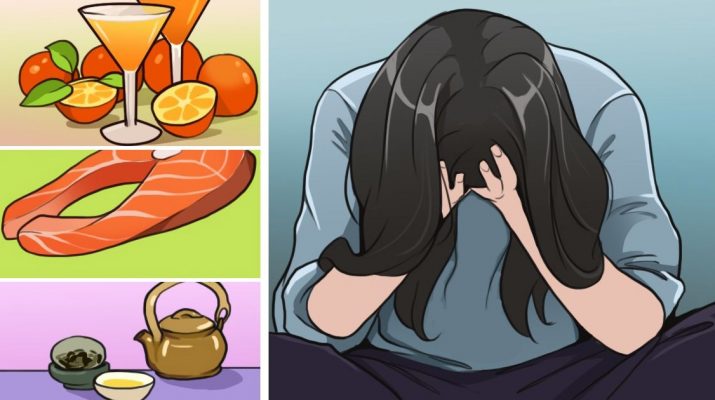Have you experienced sudden anxiety, heart palpitations, sweating palms, shaking, chest pain, nausea, dizziness or numbness and tingling? If you have, you may have had a panic attack. The causes are not completely understood, but things like genetics or sudden major changes and stresses in your life could trigger an attack to happen.
A panic attack can be frightening the first time it happens, and the fear of repeat occurrences can just spur you into a spiral of attacks. Learn how you can manage your panic attacks through these 6 home remedies.
1. Change how you think. One of the causes of panic attacks, according to WebMD, is focusing on the negatives in life: the things you can’t control or change, the things you fear, the things that overwhelm you, etc. To reduce the number of panic attacks and gain control, you need to focus on changing the way you think. Focus on the positives: what you can control, what is going well, and what you can accomplish. Make a list, a blessings list, of these good things and think on these throughout day. By changing your thoughts, you begin to win the war one battle at a time.
2. Relaxation techniques. Finding ways to relax will help you manage your panic attacks. Mayo Clinic gives three relaxation techniques: autogenic, progressive muscle and visualization. With autogenic relaxation you want to repeat a word or phrase that helps you relax. Progressive relaxation involves systematically tensing and relaxing each muscle group in your body. With visualization relaxation you picture a calming scene.
3. Get regular exercise. Anxiety and Depression Association of Americarecommends getting out and exercising to help alleviate your stress which may be inducing the panic attacks. Exercise also appears to increase dopamine, the “feel-good” hormone, levels in the brain.
4. Eat a balanced diet. According to Harvard Health Publishing, certain foods can help alleviate stress and anxiety and release dopamine and serotonin. Foods on the list include green leafy vegetables, cashews, egg yolks, fish, sauerkraut, pickles, asparagus, avocados and almonds.
5. Limit (or avoid) certain beverages. If you tend to suffer from panic attacks, WebMD recommends limiting, or possibly avoiding, caffeine. For the high-strung person, when the caffeine hits the system, the sweaty palms and pounding heart it can cause can lead to a full-blown panic attack. Alcohol may also be something you want to limit or remove from your beverage list. The AddictionResource says that some people find it worsens their panic attack symptoms.
6. Aroma therapy. Lavender in a diffuser appears to show some success at helping people relax and calm themselves, according to the Mayo Clinic. If you tend to have allergies, you may want to test this before jumping on it, but you might find spritzing some on your pillow at night will help you relax and get a better night’s sleep. You can also mist it into the air.
Don’t let fear of panic attacks rule your life. You have a lot of choices for managing your stress and anxiety; and as you begin to see you can control these attacks, you may see them decrease in frequency.


